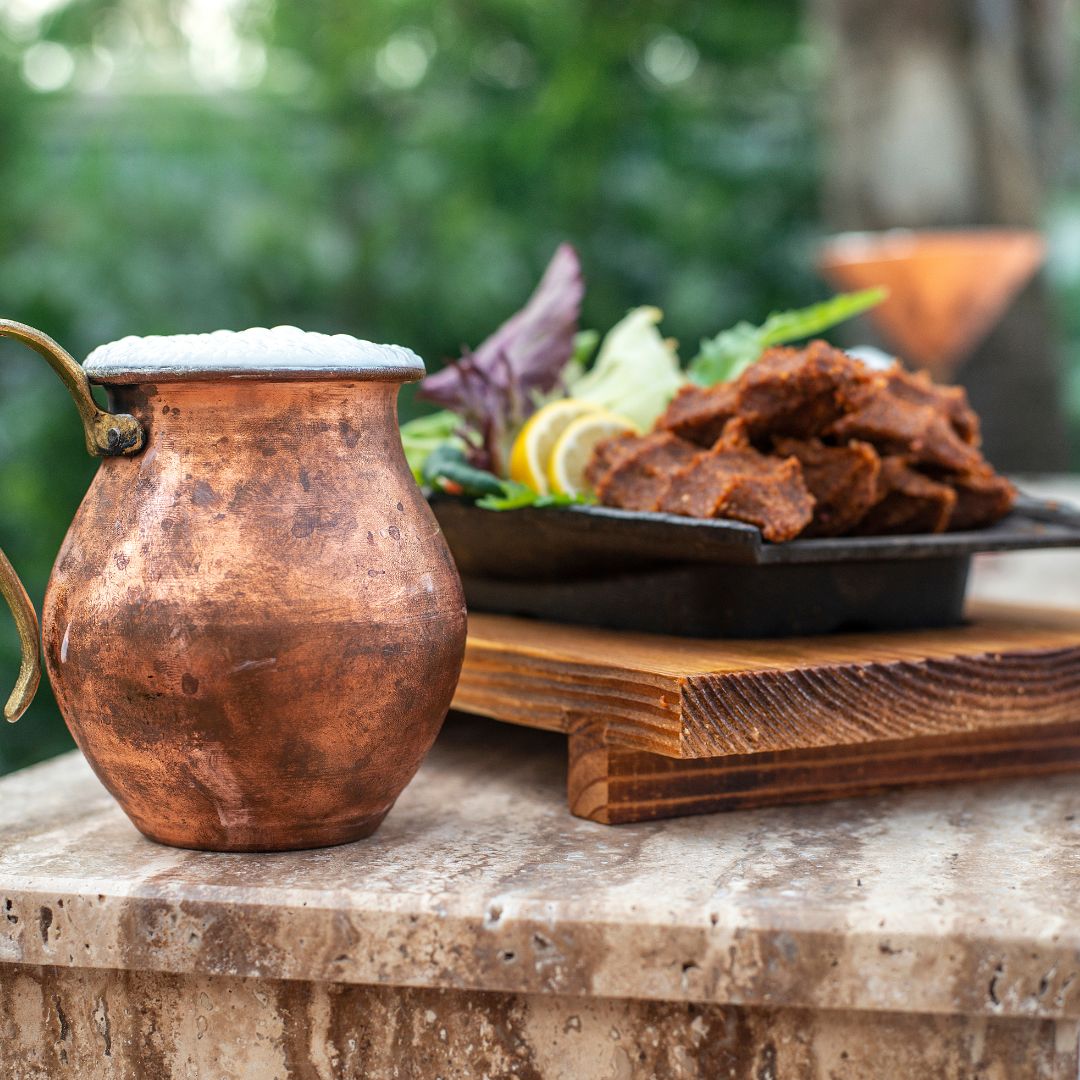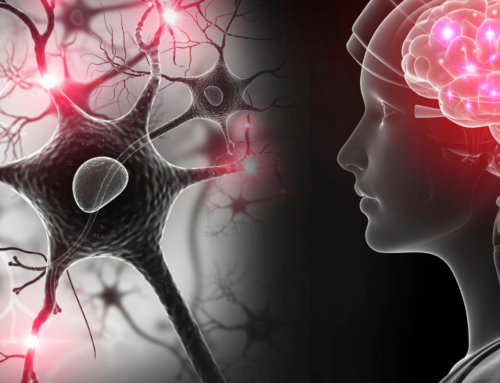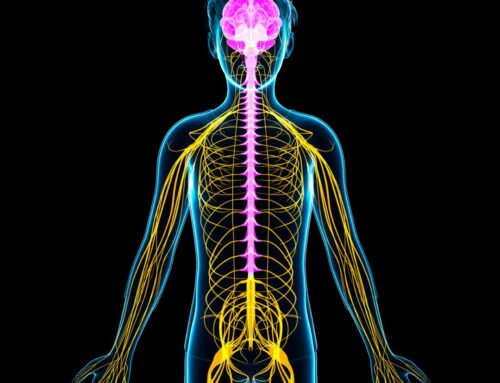In the wake of the global health crisis, we’ve seen a notable uptick in cases of depression and anxiety. Could there be an underlying, often-missed nutritional component at play? Dr. Ian Horseman of the Brain Therapy Clinic sheds light on a potential culprit: copper deficiency.
“Copper plays a pivotal role in the health of our blood cells,” explains Dr. Horseman. “With the advent of COVID-19, we’re observing that the virus can cause these cells to clump together and break down more rapidly, leading to a loss of essential minerals, including copper.”
This breakdown not only hinders the body’s ability to maintain proper mineral balances but may also contribute to the heightened levels of mental health issues we’re currently observing. The link between copper, iron, and our emotional well-being is a field of growing interest and concern.
“Many people are diagnosed within ‘normal’ ranges during medical checks, but ‘normal’ is not always synonymous with ‘optimal’,” Dr. Horseman cautions. He suggests that while blood tests can be a starting point, those knowledgeable in nutrition understand that the standards for ‘normal’ might not align with what is optimal for mental health.
Dr. Horseman encourages individuals to be proactive about their health: “If you suspect a deficiency, muscle testing can be an informative tool. However, it’s essential to follow up with professional medical advice and potentially a blood test to understand your copper levels better.”
While it’s not a subject often broached outside of nutrition circles, Dr. Horseman believes that awareness of copper’s role in mental health is crucial. “We’re seeing anxiety and depression rates soar. It’s time we consider all the pieces of the puzzle, including our mineral intake.”
Boosting Copper Intake: Dietary Choices for Better Health
If you’re considering ways to optimize your copper levels to potentially improve your mental health, focusing on your diet is a great place to start.
Here are some practical tips and food sources that can help increase your copper intake:
- Seafood: Shellfish like oysters, squid, and lobster are not only delicious but also packed with copper. Including these in your diet can be a tasty way to up your mineral intake.
- Nuts and Seeds: Snack on sunflower seeds, cashews, and almonds. These are not only convenient but also a rich source of copper. Plus, they come with the added benefits of healthy fats and fibre.
- Whole Grains: Swap out refined grains for whole-grain options such as quinoa, barley, and bran. These grains contain more nutrients, including copper, compared to their processed counterparts.
- Legumes: Lentils, chickpeas, and beans are not only high in protein and fibre but also a good vegetarian source of copper.
- Dark Leafy Greens: Spinach, kale, and Swiss chard can be incorporated into salads, smoothies, or side dishes, offering a boost of copper along with an array of other vitamins and minerals.
- Dried Fruits: Moderation is key, but dried fruits like apricots, raisins, and prunes can be a sweet treat that also provides a source of copper.
- Dark Chocolate: As if you needed another reason to indulge in dark chocolate, it’s also a source of copper. Look for higher cocoa content varieties for the best benefits.
Remember, while these foods can help increase your copper levels, balance is crucial in any diet. Excessive copper intake can be harmful, so it’s essential to aim for a varied and balanced diet rather than focusing on single nutrients in isolation. Before making significant changes to your diet or if you suspect a mineral imbalance, consulting with a registered dietitian or healthcare professional is recommended.
By incorporating these copper-rich foods into your meals, you’re not only taking a step towards potentially improving your mental health but also enhancing your overall nutritional profile.







